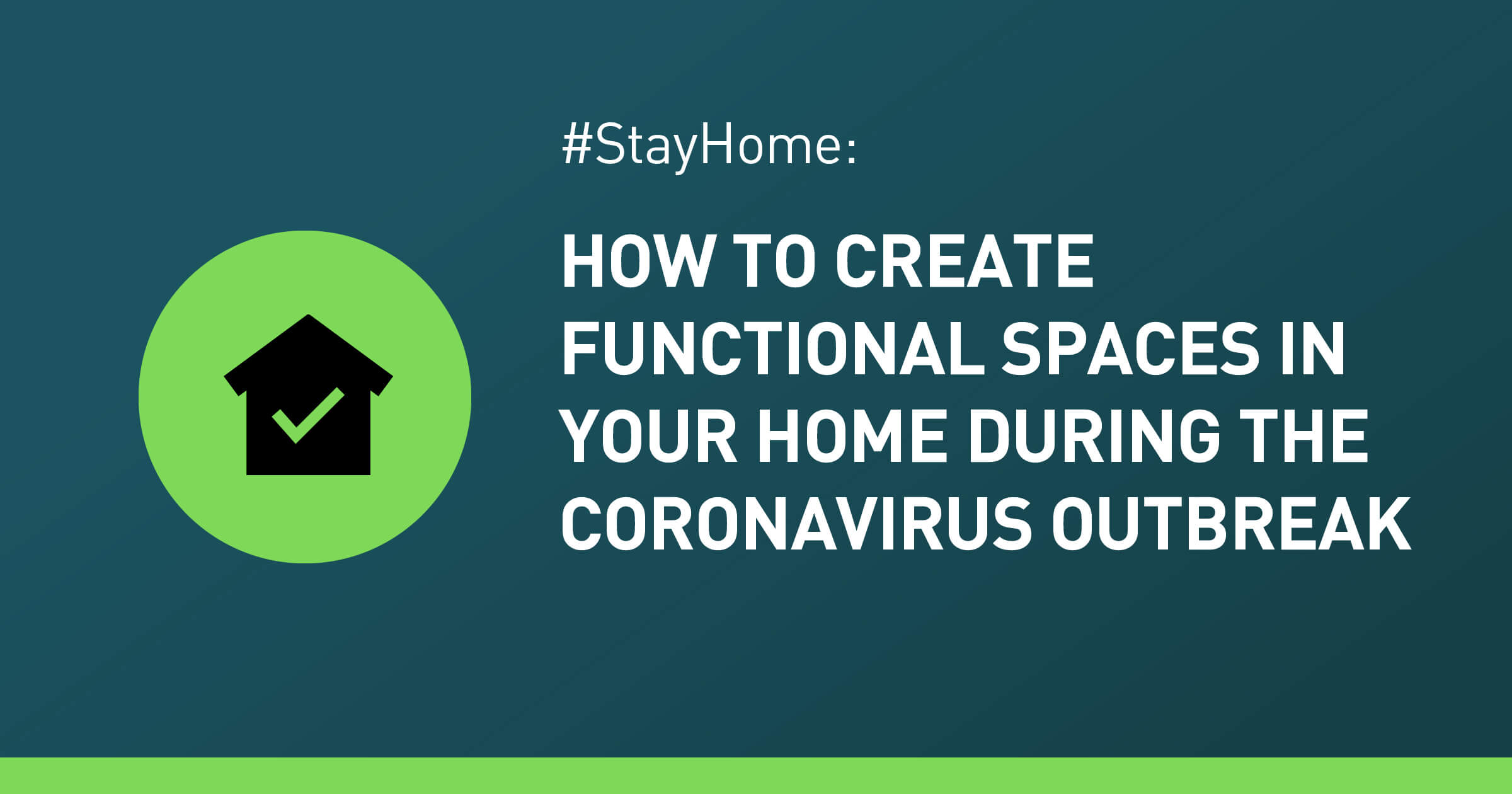What are these?
Stigmas – A stigmatized property is a property where buyers may avoid because of reasons that are not related to the property’s features. These include the following:
- If someone has died in the home either via murder, suicide or natural death
- If the sellers have AIDS or some other contagious disease
- If the home is known to be haunted
- If specific crimes or gang activity have taken place at the home
- If the home used to be a grow op
- If the home was owned by a famous criminal
This knowledge will either benefit you when it comes to negotiating or it can save you from buying something you didn’t want to buy.
I know what you’re thinking:
How can I find out about these?
Here are some steps to take:
Step 1 – Call City Hall
To find out whether it was a grow op, just have your Real Estate Agent contact the City Hall and see whether they have record of that. If the grow op was discovered, then the city must have been called in to get it remediated and to issue a re-occupancy permit.
Also, you can ask the listing agent. The listing agent has a duty to disclose any known stigmas to potential buyers. Don’t necessarily rely on the listing agent because if the seller didn’t reveal it to the listing agent, then the listing agent can’t say if he/she doesn’t know.
Step 2 – Google the Address
Google the address. My client wanted me to buy a property for him that was a foreclosure. It was tax assessed at $2M, but asking $1.3M. It looked like a great deal, but when I googled the address, I learned a few things.
The home on acreage had been raided by the police because the land had several crates filled with smuggled tobacco.
The home belonged to a famous crime lord and criminal activity was often present at that address.
Step 3 – Follow the News
One of my best friends is an RCMP officer, part of the integrated homicide unit. He told me of a murder in an apartment in Richmond.
It was public knowledge and so it was on the news and I also googled the story online and found the address.
If you’re afraid of buying stigmatized properties, take note of the addresses. When you hear of this stuff, you may want to keep a little notebook and record these addresses.
On the other hand, I helped my client buy a brand new 1 bedroom apartment in Surrey. It was a 2 tower development and he was interested in Tower 2. It was one of the last homes that the developer was selling and had been on the market for more than a year. Nonetheless, the developer offered us a great price.
However, a few days before the deal was going to go firm, I heard on the news that a stabbing took place at the location of the apartment. I read the news online and indeed someone was stabbed on the weekend in the visitor parking lot of Tower 1.
My client was a little concerned but he really didn’t mind, but I took advantage of this opportunity and used it as a bargaining chip. I took this news to the developer and I was able to knock several thousand dollars off of the agreed upon price.
Mistake
Not finding out about existing stigmas that’ll make you run the other way.
Solution
Talk with your Real Estate Agent if you have any specific stigmas you are concerned about. Obviously, you are not going to be asking those questions to the listing agent for every home you see, but if you’re interested in the home and about to write an offer, ask the questions.
Some people don’t mind stigmatized properties as long as they get a big discount.





 Yvonne Yang
Yvonne Yang 
 Carlos Garcia
Carlos Garcia 


